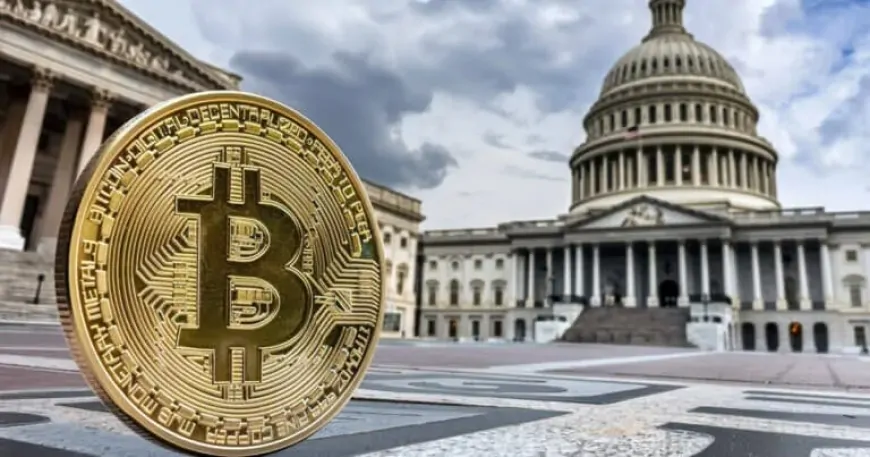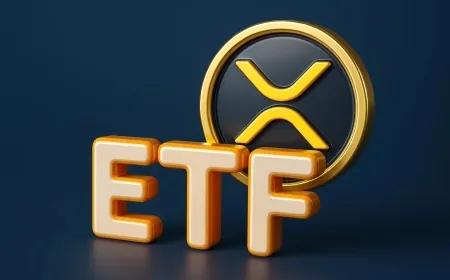Bitcoin Bond CEO Urges U.S. to Audit BTC Holdings and Begin Strategic Accumulation
Pierre Rochard calls for a full audit of U.S. Bitcoin reserves and proposes BTC-backed treasury bonds to support strategic national accumulation.

Pierre Rochard, CEO of The Bitcoin Bond Company, believes the U.S. is falling behind when it comes to Bitcoin—and he says it’s time to fix that. His suggestion? Start with a full audit of how much Bitcoin the federal government actually owns, then take real steps to start building a national reserve.
Speaking on TheStreet Roundtable with Scott Melker, Rochard explained that Bitcoin should be treated as a strategic asset, just like oil or gold. “To my knowledge, I was the first one to use the term ‘strategic Bitcoin reserve’ back in 2020,” he said. And now, as more people—including some in government—begin to talk seriously about that idea, Rochard wants to make sure the U.S. acts quickly and smartly.
Step One: Find Out What We Actually Own
According to Rochard, the Biden administration hasn’t been transparent about what’s happened to Bitcoin seized by the government over the years. “We need to audit what Bitcoin we currently hold,” he said. “It’s unclear what’s been sold or kept, and that’s a big problem if we’re talking about making BTC part of our national reserves.”
Step Two: Build the Reserve Without Busting the Budget
Once the numbers are clear, Rochard wants the U.S. to begin accumulating Bitcoin in a way that doesn’t add pressure to the national budget. One idea is to borrow a page from MicroStrategy—the software company known for using corporate bonds to buy BTC.
At a recent Bitcoin for America Summit, Andrew Haines proposed a similar model for the government: issue U.S. Treasury bonds, but use 10% of the proceeds to buy Bitcoin. The other 90% would still go toward regular government expenses.
“This could actually be a win for the Treasury,” said Rochard. “Not only would it be budget-friendly, but it could also lower our long-term interest costs.”
Making Bitcoin a Practical Part of U.S. Fiscal Policy
Rochard emphasizes that the focus isn’t just on holding Bitcoin—it’s about how the U.S. can build a reserve without adding financial strain. One of the most promising ideas, he says, is using treasury bonds to fund Bitcoin purchases, similar to what MicroStrategy has done on a corporate level.
By allocating a small portion—say 10%—of bond proceeds toward Bitcoin and the rest toward traditional obligations, the U.S. could tap into BTC’s long-term potential without blowing the budget. “This approach could actually lower the Treasury’s borrowing costs while also giving investors additional upside,” he explained.
The goal, according to Rochard, is clear: increase transparency, use innovative funding tools, and begin accumulating Bitcoin in a way that’s financially responsible.
Also Read: BitGo Partners with Voltage to Deliver Faster, Cheaper Bitcoin Payments via Lightning Network
































































